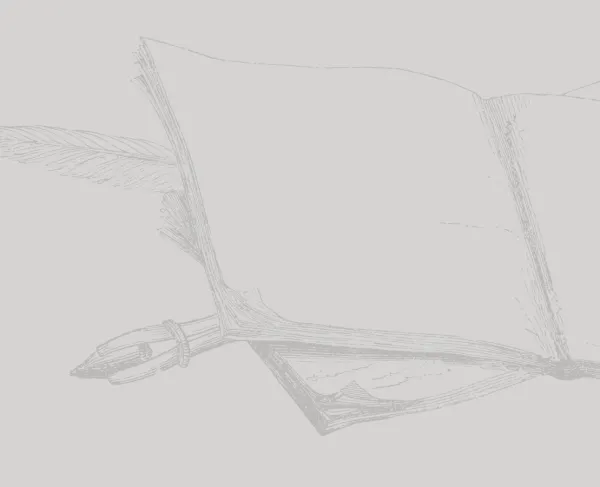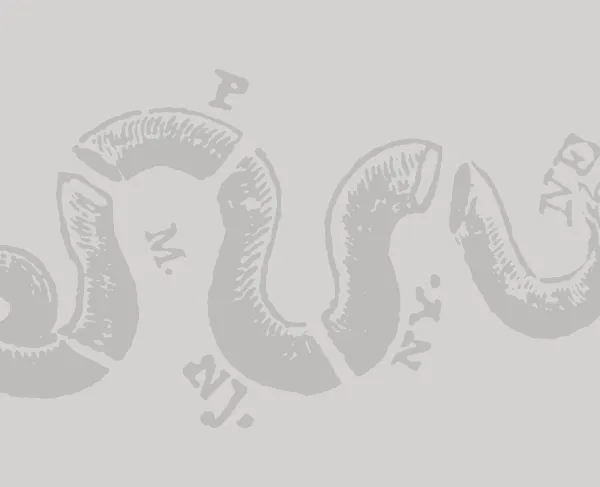Bunker Hill: "To Acquaint Your Lordship of an Action on the 17th"

British Governor General Thomas Gage penned this letter, giving an account of the Battle of Bunker Hill which had been fought on June 17, 1775.
Copy of a Letter from the Honourable Lieutenant-General GAGE to the Earl of DARTMOUTH, dated BOSTON, DATED JUNE 25, 1775
MY LORD: I am to acquaint your Lordship of an action that happened on the 17th instant, between His Majesty' s Troops and a body of the rebel forces.
An alarm was given at break of day on the 17th instant, by a firing from the Lively, ship of war; and advice was soon afterwards received, that the rebels had broke ground, and were raising a battery on the heights of the peninsula of Charlestown, against the Town of Boston. They were plainly seen at work, and in a few hours a battery of six guns played upon their works. Preparations were instantly made for landing a body of men to drive them off, and, ten companies of Grenadiers, ten of Light-Infantry, with the Fifth, Thirty-Eighth, Forty-Third, and Fifty-Second battalions made a third line. The rebels upon the heights were perceived to be in great force, and strongly posted — a redoubt thrown up on the 16th at night, with other works, full of men, defended with cannon, and a large body posted in the houses in Charlestown, covered their right flank, and their centre and left were covered by a breastwork, part of it cannon proof, which reached from the left of the redoubt to the Mistick or Medford river.
This appearance of the rebels' strength, and the large columns seen pouring in to their assistance, occasioned an application for the Troops to be re-enforced with some companies of Light-Infantry and Grenadiers, the Forty-Seventh Battalion, and the First battalion of Marines, the whole, when in conjunction, making a body of something above two thousand men. These Troops advanced, formed in two lines, and the attack began by a sharp cannonade from our field-pieces and howitzers; the lines advancing slowly, and frequently halting to give time for the artillery to fire. The Light-Infantry was directed to force the left point of the breastwork, to take the rebel line in flank, and the Grenadiers to attack in front, supported by the Fifth and Fifty-Second Battalions. These orders were executed with perseverance, under a heavy fire from the vast numbers of the rebels; and notwithstanding various impediments before the Troops could reach the works, (and though the left, under Brigadier-General Pigot, who engaged also with the rebels at Charlestown, which, at a critical moment, was set on fire,) the Brigadier pursued his point, and carried the redoubt. The rebels were then forced from other strong holds, and pursued till they were drove, clear off the peninsula, leaving five pieces of cannon behind them.
The loss the rebels sustained must have been considerable, from the great numbers they carried off during the time of action, and buried in holes, since discovered, exclusive of what they suffered by the shipping and boats. Near one hundred were buried the next day after, and thirty found wounded in the field, three of whom are since dead.
I enclose your Lordship a return of the killed and wounded of His Majesty' s Troops.
This action has shown the superiority of the King' s Troops, who, under every disadvantage, attacked and defeated above three times their number, strongly posted and covered by breastworks.
The conduct of Major-General Howe was conspicuous on this occasion, and his example spirited the Troops, in which Major-General Clinton assisted, who followed the re-enforcement. And in justice to Brigadier-General Pigot, I am to add, that the success of the day must, in a great measure, be attributed to his firmness and gallantry.
Lieutenant-Colonels Nesbit, Abercrombie, Clarke; Majors Butler, Williams, Bruce, Spendlove, Smelt, Mitchell, Pitcairn, and Short, exerted themselves remarkably; and the valour of the British officers and soldiers in general was at no time more conspicuous than in this action.
I have the honour to be, &c,
THOMAS GAGE.
Source:
Thomas Gage, "General Gage to the Earl of Dartmouth, June 25, 1775", Public Domain. Accessed through Northern Illinois University Digital Library.
Related Battles
450
1,054




